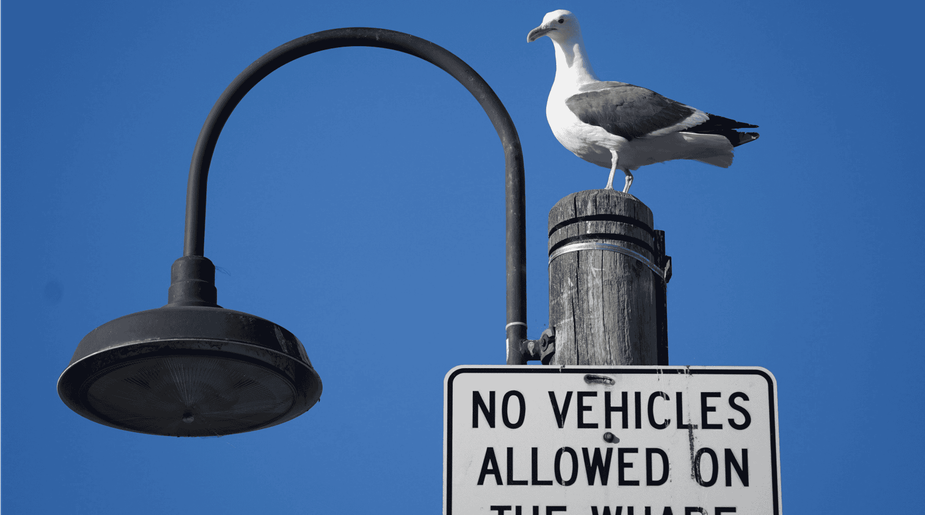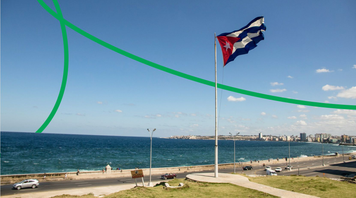
Rules and Restrictions in Different Countries
- Travel restrictions abroad
- international travel
- travel tips
- tourist restrictions
- travel
- travel rules
- travel guide

When we travel abroad, it’s easy to focus on what to see and eat, but the real surprises often come from what we shouldn’t do. Every country has its own unwritten rules, legal restrictions, and cultural habits that can catch visitors off guard. Here’s a look at five popular destinations where knowing the local dos and don’ts can save you from embarrassment, fines, or worse.
Thailand: Respect Comes First

In Thailand, respect is a cornerstone of daily life. It’s not just about politeness, but something that is built into the law. Any negative comment or joke about the royal family is a serious crime, even online. Public anger or loud arguments are also frowned upon; Thais value calmness and self-control. Small gestures also matter here: avoid touching anyone’s head, as it is considered sacred.
Travelers are often surprised to learn that vaping is completely banned. Carrying or using an e-cigarette can result in fines or even arrest. Another rule worth remembering: you can’t take large Buddha statues out of the country without special permission.
Spain: Relax, but Follow the Rhythm

Spain runs on its own schedule, and that’s part of its charm. Meals are long, conversations are lively, and lunch often stretches late into the afternoon. If you’re dining with locals, expect to split the bill evenly rather than item by item; it’s the social norm.
But relaxation has its limits. Walking through town shirtless or in a swimsuit can get you fined in places like Barcelona or Palma. Many smaller towns still observe siesta hours, so don’t be surprised if shops close between 2 and 5 p.m.
When shopping at local markets, be cautious about antiques or coral jewelry. Anything old enough to be considered cultural heritage may require a permit to export.
Japan: Cleanliness and Quiet

Japan is known for order and precision. Public spaces are spotless, and one reason is that people follow strict waste sorting rules. Trash is separated into burnable, non-burnable, and recyclable items, and bins are clearly labeled.
Cash is still widely used, especially in smaller restaurants and traditional inns. It’s polite to place money in the tray at the counter rather than handing it directly to the cashier. Tipping is not part of Japanese culture, and employees may even return any money you try to leave. It's also common to remove shoes in traditional restaurants (washoku or tatami-style seating), ryokan (inns), and temples.
Public transport is also very orderly. In subway stations and trains, people form lines at designated spots, wait patiently, and let passengers exit before boarding. Talking loudly or making phone calls on the train is considered rude.
United Arab Emirates: Mind the Rules, Especially in Public

The UAE is modern and welcoming, but public behavior is taken seriously. Even small gestures that seem harmless elsewhere, like showing affection in public, can cause trouble. Drinking alcohol is allowed only in licensed places such as hotels and bars. Carrying an open bottle outside or appearing drunk in public is a criminal offense.
Photography can also be risky. Taking pictures of government buildings or local women without permission is strictly forbidden. Before you travel, check the list of banned medications; even painkillers that are common in the U.S. may require prior approval.
When it comes to shopping, avoid buying ivory, coral, or any product made from endangered species. Exporting them is illegal.
Australia: Strict on Nature, Serious About Honesty

Australia is famous for its beaches and wildlife, but it’s equally famous for its strict biosecurity laws. Customs officers will ask you to declare almost everything — food, wood, seeds, or shells. Don’t take this lightly. Even a forgotten snack or souvenir shell can lead to hefty fines.
The key is honesty. Travelers who declare items rarely get into trouble, while those who hide things almost always do.
If you’re tempted to buy Aboriginal art, make sure it comes with a certificate proving it’s an approved, non-sacred item. Exporting authentic cultural artifacts without permission is illegal.
Smart Travel Starts with Awareness
Most travel mistakes happen because people assume the same rules apply everywhere. A simple check of local laws and customs before you go can prevent major headaches later.
When in doubt, declare what you carry, stay polite, and pay attention to how locals behave. You don’t need to be perfect, just respectful and informed.
After all, being a good traveler is about understanding where you are.
Discover More with FindGuide
FindGuide is an app that helps travelers connect with local guides and experts all over the world. You can read expert articles about your favorite destinations and book private tours directly in the app.
Download FindGuide and explore any part of the world with the insight of a local by your side.










